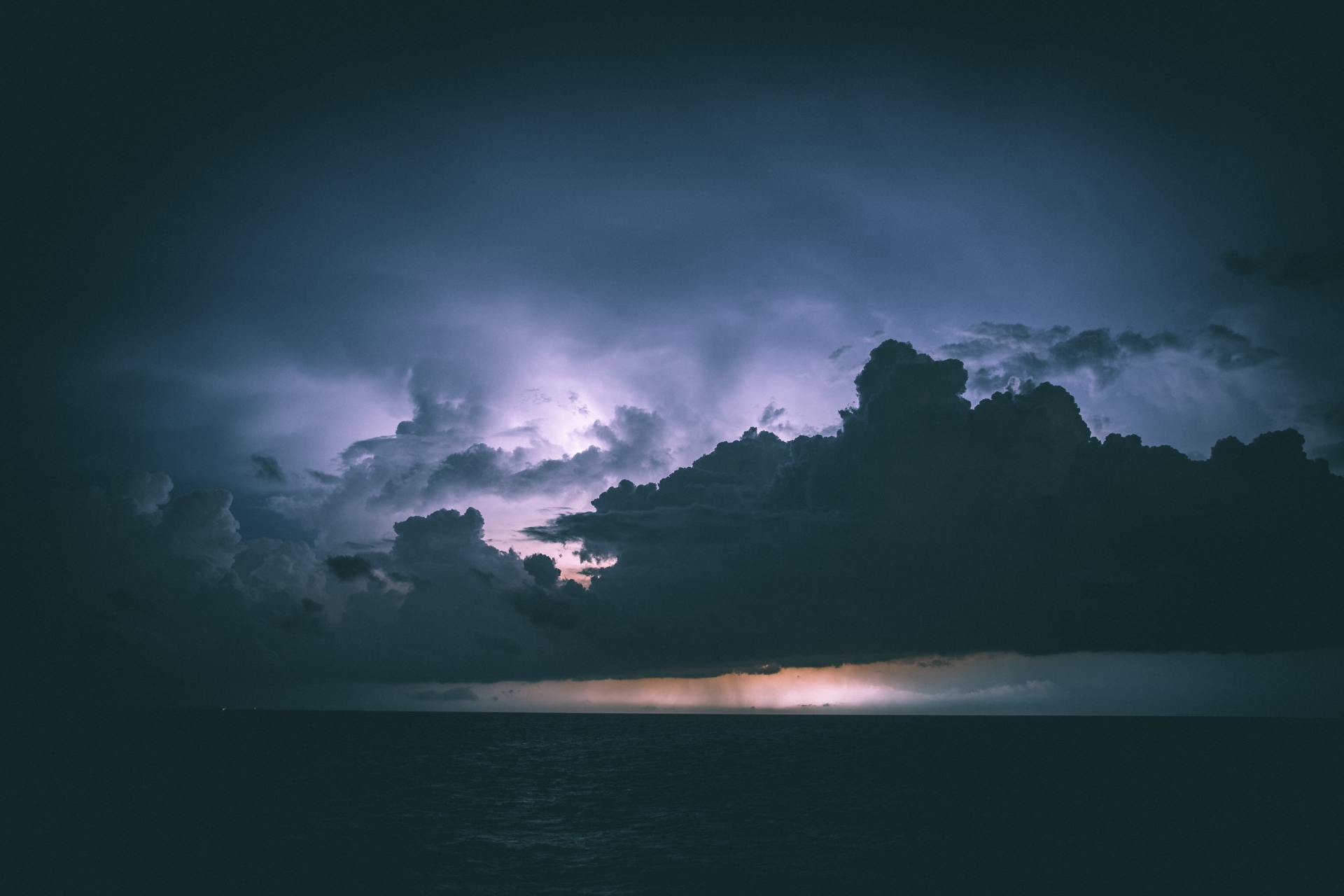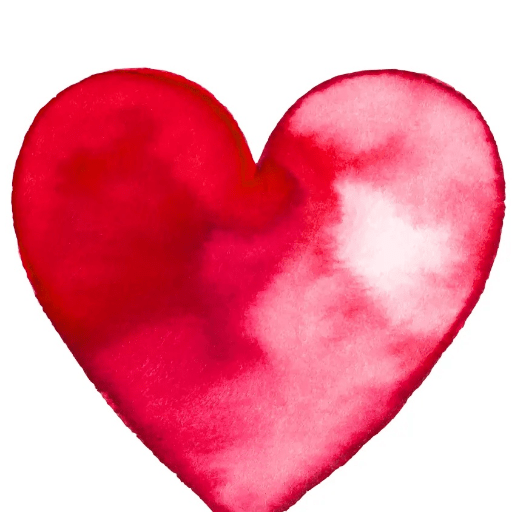Trigger Warning: The following article discusses mental health and may be upsetting to some readers.
What is a manic episode? A manic episode is defined by PsychCentral as an emotional state characterized by a period of at least one week where an elevated, expansive, or unusually irritable mood exists. Mania is a symptom of bipolar disorder— a disorder characterized by mood shifts between mania and depression.
When you are experiencing mania for the first time, you might not even notice anything wrong. In fact, you might even feel right for the first time, particularly if you are someone who has struggled with depression or anxiety for their entire life. You begin to feel more confident than you ever have before. In fact, you might even feel superhuman as if you can accomplish anything.
During these heightened mood states due to feeling that way, you actually can get a lot done and you do make a lot more friends—I would know, I experienced mania for the first time in the last few years. It took some time for me to actually be diagnosed with mania because it didn’t fully express itself in the way that it normally does.
Here are 7 ways to know if you might be having a manic episode:
1. You might be extremely creative. This is more than just a feeling— you actually are very creative. During my manic episode, I was constantly writing and creating art around the house. Some of the greatest works of art in history come from people who were likely bipolar— like Vincent Van Gogh or Ernst Hemingway, for example.
2. You might be very disorganized. Your thoughts might race and you might do things more impulsively than usual, like ending relationships or behaving recklessly.
3. You might want to have sex more than usual. And you might partake in riskier or more unusual than normal sexual behaviors.
4. You might spend a lot of money regardless of the consequences. This happened to me. When you are in the manic state you might like me, spend money because you think you will be able to make it back in the future. This was what started alerting me that something might be up—when I couldn’t seem to control my spending and got into a lot of credit card debt.
5. You might not need as much sleep as you once did. This is a hallmark of mania. However, it does not need to be present for a person to be having a manic episode. I was not initially correctly diagnosed because I did not have this symptom— I slept normally.
6. You might be more social or socially confident than usual. You might talk to people you normally wouldn’t and it can get you into dangerous situations. I am somewhat lucky because nothing too bad ever happened to me, and after having experienced mania, I took some of the lessons with me. I felt more confident so I became more confident in the way I interacted with other people. I still carry some of that confidence with me to this day.
7. You might be obsessed with or fascinated by spirituality. The beginning of my mania was marked by a spiritual awakening. You might become obsessed with spiritual subjects like religion, trusting in the universe instead of making your own decisions, or things like tarot. Due to this spiritual awakening, I do not regret anything that happened during my manic episode. I believe it served my highest good and the path that I am on, and I understand there can be a lot of crossover between spiritual states and episodes of mental illness that are not fully understood by Western medicine. However, now that I am receiving treatment for bipolar mania, I feel more like myself again—still interested in spirituality but less obsessed with it.







